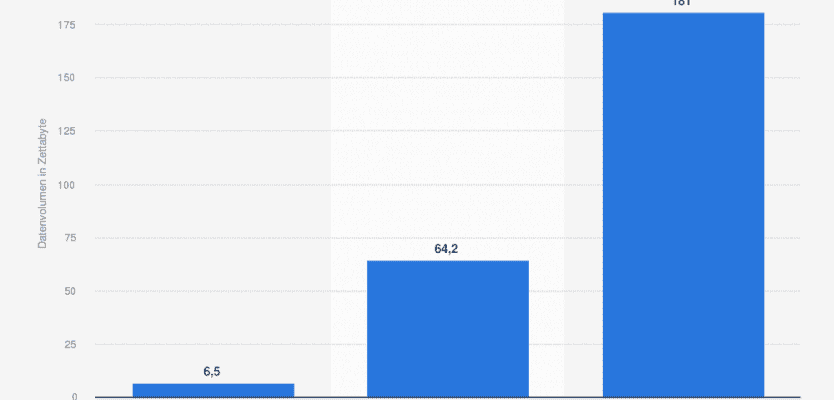The Independent Hello browser surfs towards a truly decentralized network via its new Handshake (HNS) integration – “Handshake” is a decentralized system that distributes domain addresses without a central authority.
The integration enables websites with HNS names to be displayed automatically within the Aloha Browser without additional configuration. A desktop browser is now also available for Windows. But what exactly does handshake integration have to do with decentralized domains?
Central Web 2.0
So far, central organizations have managed the top-level domains, or TLDs for short. A TLD is the last part of an Internet address (URL). The most famous example is .com.
In the US, these domains are owned by the ICANN (Internet Corporation for Assigned Names and Numbers) and in Germany by DENIC (German Network Information Center) and managed. That Domain Name Systemso to speak the telephone book of the Internet, in which addresses are stored, is therefore organized centrally.
This is a thorn in the side of many digital natives. Because Tim Berners-Lee actually had a completely different basic idea for the World Wide Web in 1991:
There is no central computer controlling the web, not even an organization running the web. The web is not a physical thing that exists in a specific place. It is a space where information can exist.
sir Tim Berners-Lee
The flood of data
But this room has no walls, no ceiling and no floor. It is almost infinitely large and we keep filling it with data. In 2020, the amount of data generated on the web was 64.2 zettabytes. Expressed in gigabytes (GB), the number is so huge that it can hardly be represented: 6.42e+13. According to Internet Data Center (IDC) Forecast The volume of data created and replicated in 2025 is said to be 181 zettabytes.
This huge flood of data can no longer be managed by humans. But huge data octopuses like Meta and Co. dig through this flood and use the information that we leave behind with every step on the web – profitably. As a result, individual users are increasingly losing control of their personal data. Pictures, chat histories, locations or search histories get caught in the tentacles of the tech giants. Roger McNamee, co-founder of Elevation Partners and an early investor in Facebook, Google and Amazon wrote in 2018 Handelsblatt a guest post on the topic internet platforms. In this he addresses the warning published in 2011 by Netscape founder Marc Andreessen. At the time, he wrote the article in the Wall Street Journal “Why software is eating the world.” Over ten years ago, that warning was ignored. But at the moment the topic is more topical than ever.
Now we are faced with the challenge of freeing the world from the teeth of internet platform monopolies.
Roger McNamee (Elevation Partners Co-Founder) in Handelsblatt
The overwhelming majority of the US population agrees that Berner Lee’s dream of equal rights on the web did not materialize and that power fell into the lap of a few.
in one interview with the Time Magazine said economist Shoshana Zuboff (The age of surveillance capitalism) recently that 94 percent of Americans are concerned about their privacy. Seven out of ten are also of the opinion that the tech companies have too much power.
Web 3.0 and a decentralized DNS
But there is hope. Because with Web 3.0 we are moving back in the direction that Berners-Lee wanted to take 20 years ago. Because an open network based on open source software and blockchain technology enables a new Internet in which intermediate instances are no longer necessary. Data is no longer stored centrally on the servers of individual providers, but distributed globally to the servers of various players and secured by cryptography. The administration of the domains should also be decentralized and tamper-proof in the future. Aloha now wants to make all this possible.
The Handshake HNS integration in the Aloha Browser is a significant step in this direction, towards decentralized Web 3.0. Because the open source technology makes it possible to use domains with extensions such as .tx, .c and .sats. managed decentrally. They are then no longer sold from a central location, but can simply be claimed if they are still free.
Over 4 million HNS names are already registered on the blockchain and around 28 million users of the Aloha Browser can view the HNS websites in the Aloha Browser without additional configuration. Thanks to the Aloha Browser, this is an important step towards Web 3.0.
Do you want to buy cryptocurrencies?
eToro offers investors, from novices to experts, a comprehensive crypto trading experience on a powerful yet easy-to-use platform.*
